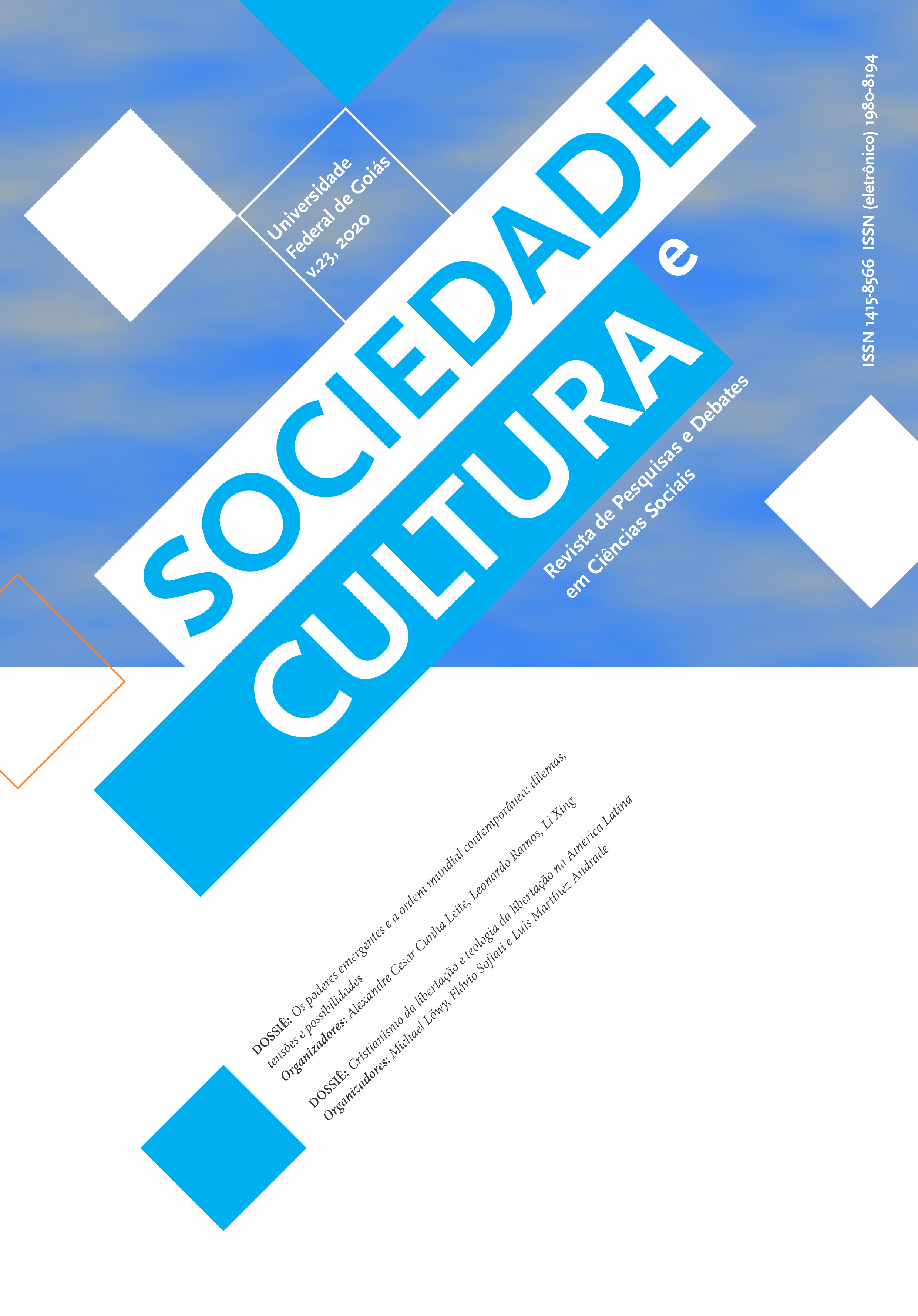Military Cooperation against Organized Crime: Brazil and Paraguay in the fight against drug trafficking (1988-2017)
DOI:
https://doi.org/10.5216/sec.v23i.59596Abstract
The rise of transnational organized crime to the level of threat to international security has brought significant changes to the strategies to combat the problem by states. Its diffuse character requires the concatenation of state efforts for its confrontation that goes beyond the state borders, under penalty of subduing any policy in this sense. Brazil and Paraguay occupy a prominent role in the development of illegal transnational activities in the South American continent, and there is a dynamic of complementarity
between supply and demand of illegal products and services. The border between the two countries corresponds to the more traditional route of drug traffic in South America, which is the reason why Brazil and Paraguay have joined efforts to address the issue, including militarily. This article aims to analyze how military cooperation between Brazil and Paraguay develops to combat drug traffic at the border between both countries. For that, a conceptual rescue of the transnational organized crime and its characterization in the Brazil-Paraguay border is made. Initiatives undertaken in the border region, in terms of military cooperation, in combating cross-border crime were observed.
Downloads
Downloads
Published
How to Cite
Issue
Section
License
Authors who publish in this journal agree to the following terms:
- Authors retain the copyright and grant the journal the right of first publication, the work being simultaneously licensed under the Creative Commons Attribution License, which allows the sharing of the work with acknowledgment of authorship and of the initial publication in this journal;
- Authors are authorized to enter into additional contracts separately, for non-exclusive distribution of the version of the work published in this journal (eg, publishing in an institutional repository or as a book chapter), with acknowledgment of authorship and of the initial publication in this journal;
- Authors are allowed and encouraged to post and distribute their work online (eg, in institutional repositories or on their personal page) at any point before or during the editorial process, as this can bring productive change as well as increases the impact and the citation of the published work (see O Efeito do Acesso Livre).



